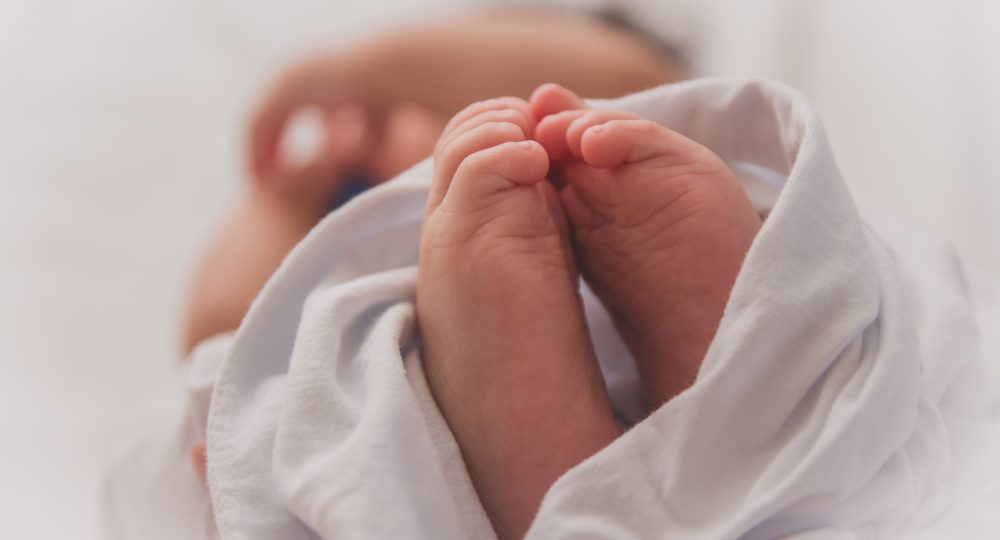In the United States, 1 out of every 33 babies is born with some form of a birth defect, which is a structural change present at birth that can affect almost any part of the body. Birth defects occur when the baby is developing in the womb. They can cause problems in overall health, how the body develops, or how the body works. They can range from minor to severe. While some require no treatment or an easy treatment, others need quick treatment because they can cause serious problems or even death.
The exact cause of most birth defects is unknown, but some things put a mother at an increased risk of having a baby with a birth defect. Drinking alcohol, smoking, or using street drugs during pregnancy are three things that can cause problems for the baby, including increasing their chances of having a birth defect.
Some additional problems associated with using alcohol and other drugs during pregnancy include an increased chance of:
- Miscarriage, stillbirth, or premature delivery
- Low birth weight
- Sudden infant death syndrome (SIDS)
- Birth defects
- Withdrawal problems in the baby after birth
- Developmental problems as the child grows
While all substance abuse can have a negative impact on pregnancy, some substances are more likely to have harmful effects than others. Prenatal alcohol exposure is a leading preventable cause of birth defects in the United States. No amount of alcohol use is known to be safe for a developing baby before birth. Alcohol can even have negative effects on a woman’s pregnancy before she even knows she is pregnant. A developing baby is exposed to the same concentration of alcohol as the mother. This can result in a range of lifelong physical, behavioral, and intellectual disabilities.
This week is National Alcohol and Other Drug-Related Birth Defects Awareness Week which aims to raise awareness about the harmful effects alcohol and other drugs can have on a baby. By increasing awareness, the ultimate goal is to decrease the risks of babies being born with birth defects.
Many states include substance abuse in pregnancy as grounds for terminating parental rights in relation to child abuse and neglect. It is never too late in pregnancy to stop using alcohol or other drugs, as the least amount of exposure to these substances as possible is best for the wellbeing of the baby and mother.
The national Substance Abuse and Mental Health Services Administration (SAMHSA) provides a free helpline 1-800-662-HELP (4357) and can help those struggling with substance use.
Resources:
https://www.cdc.gov/ncbddd/birthdefects/index.html
https://www.marchofdimes.org/complications/birth-defects-and-your-baby.aspx
https://www.marchofdimes.org/pregnancy/prescription-opioids-during-pregnancy.aspx
https://americanpregnancy.org/pregnancy-health/illegal-drugs-during-pregnancy/





